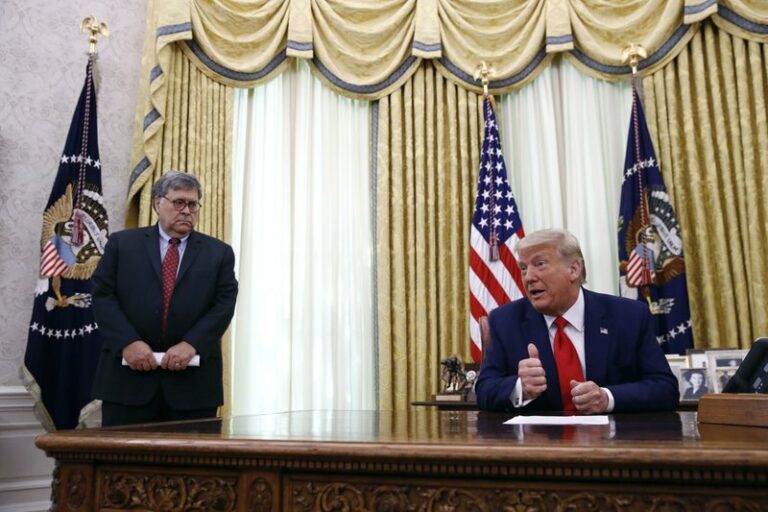 Opponents of a U.S. law they claim may subject them to indefinite military detention for activities including news reporting and political activism persuaded a federal judge to temporarily block the measure.
Opponents of a U.S. law they claim may subject them to indefinite military detention for activities including news reporting and political activism persuaded a federal judge to temporarily block the measure.
U.S. District Judge Katherine Forrest in Manhattan yesterday ruled in favor of a group of writers and activists who sued President Barack Obama, Defense Secretary Leon Panetta and the Defense Department, claiming a provision of the National Defense Authorization Act, signed into law Dec. 31, puts them in fear that they could be arrested and held by U.S. armed forces.
The complaint was filed Jan. 13 by a group including former New York Times reporter Christopher Hedges. The plaintiffs contend a section of the law allows for detention of citizens and permanent residents taken into custody in the U.S. on “suspicion of providing substantial support” to people engaged in hostilities against the U.S., such as al-Qaeda.
“The statute at issue places the public at undue risk of having their speech chilled for the purported protection from al-Qaeda, the Taliban, and ‘associated forces’ – i.e., ‘foreign terrorist organizations,’” Forrest said in an opinion yesterday. “The vagueness of Section 1021 does not allow the average citizen, or even the government itself, to understand with the type of definiteness to which our citizens are entitled, or what conduct comes within its scope.”
Forrest’s order prevents enforcement of the provision of the statute pending further order of the court or an amendment to the statute by Congress.
Ellen Davis, a spokeswoman for U.S. Attorney Preet Bharara in Manhattan, declined to comment on the ruling.
The plaintiffs claim Section 1021 is vague and can be read to authorize their detention based on speech and associations that are protected by the First Amendment to the Constitution.
Hedges and two other plaintiffs testified in a hearing before Forrest in March, the judge said. A fourth plaintiff submitted a sworn declaration. The government put on no evidence, Forrest said.
Forrest, an Obama appointee who has served on the Manhattan federal court since October, rejected the government’s arguments that the plaintiffs lacked standing to sue over the law and that it merely reaffirmed provisions in an earlier law, the 2001 Authorization for Use of Military Force, which was passed in the wake of the Sept. 11, 2001, terrorist attacks.






2 Responses
The constitution clearly adresses the situation of an American citizen aiding and abbeting an enemy engaged in hostilities against the United States, and it clearly provides for a trial and execution. There’s no constiutional basis to lock someone up without trial. The only political candidate who addressed this, by the way, was Ron Paul.
The constitution deals with treason. It does not deal with enemy combatants who happen to be American citizens.
Herbert Haupt was never tried in any civilian court, for treason or any other crime; the military found him guilty of being an illegal combatant, put him up against a wall, and shot him. (Actually they electrocuted him, but let’s not quibble.) And the Supreme Court refused him habeas corpus, saying that enemy combatants have no such right, and it was none of their business what the military did with him. The fact that he was a US citizen, and therefore could have been tried for treason, was irrelevant. Meanwhile Haupt’s parents, who were traitors but not actual enemy combatants, were tried for treason, in a civilian court, and convicted.